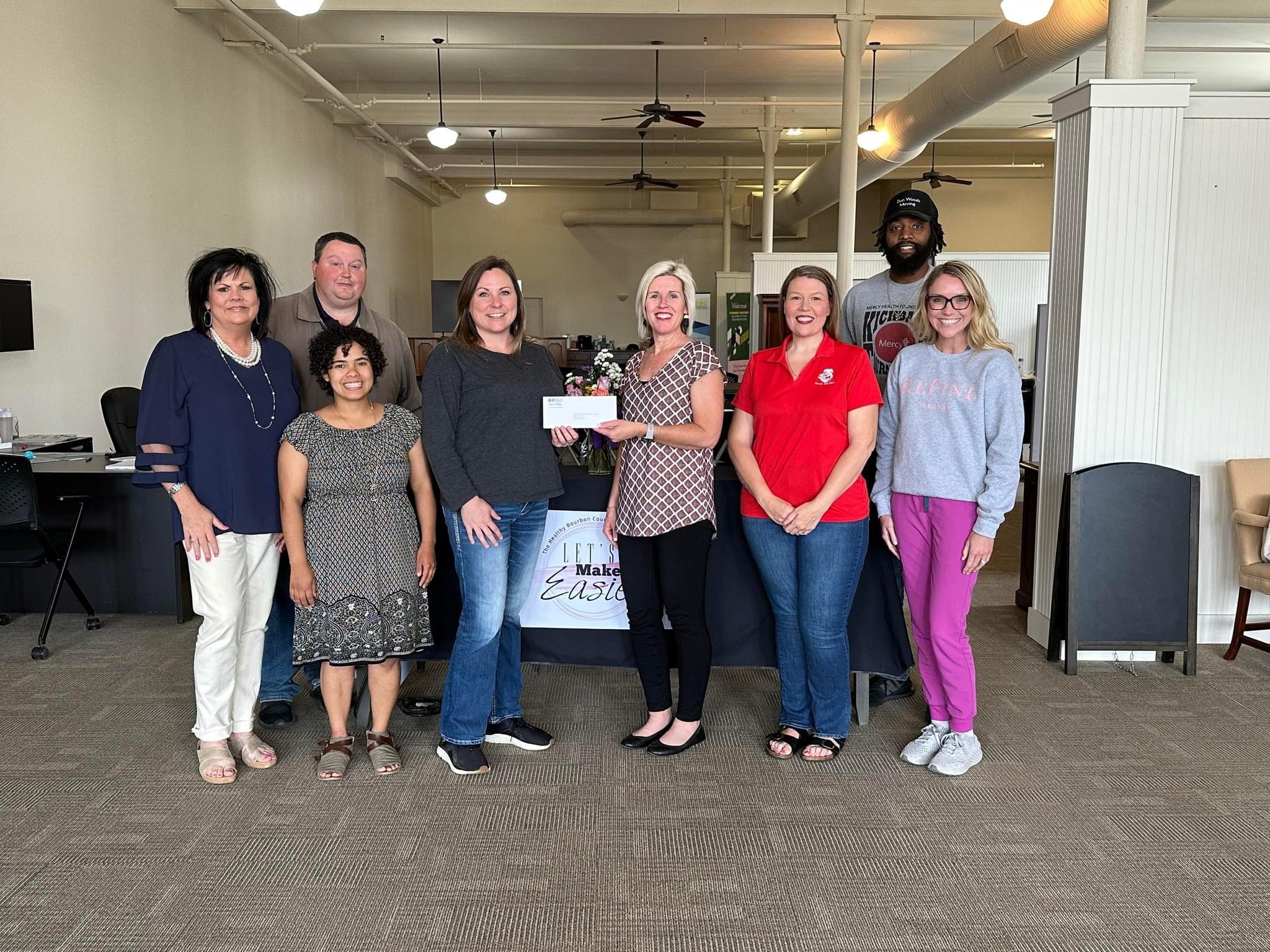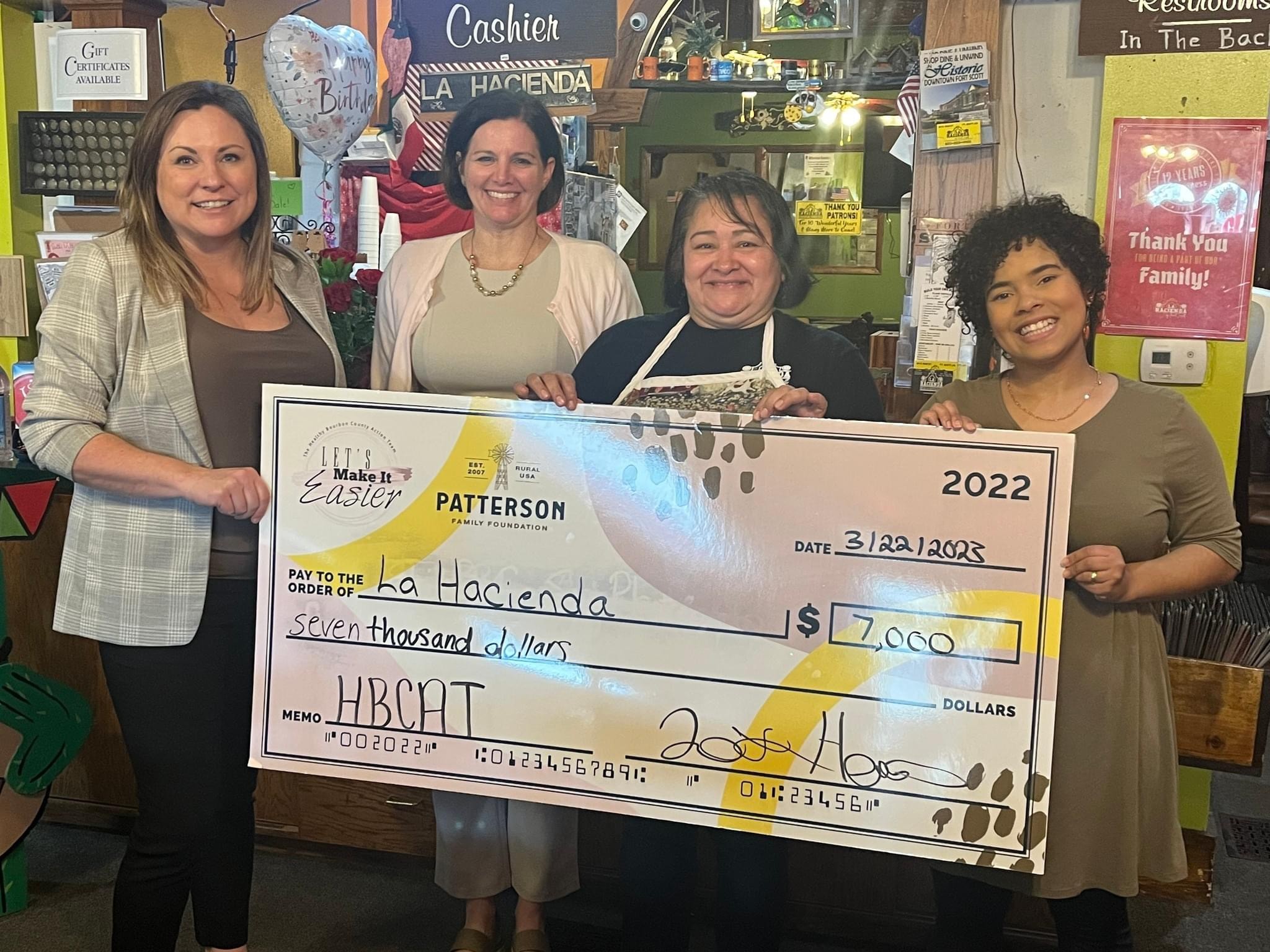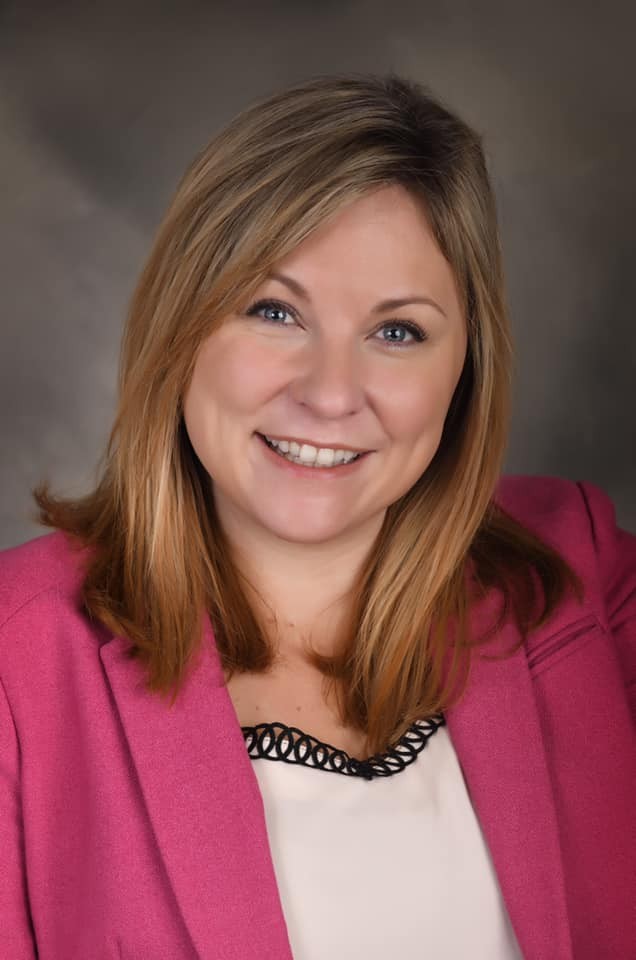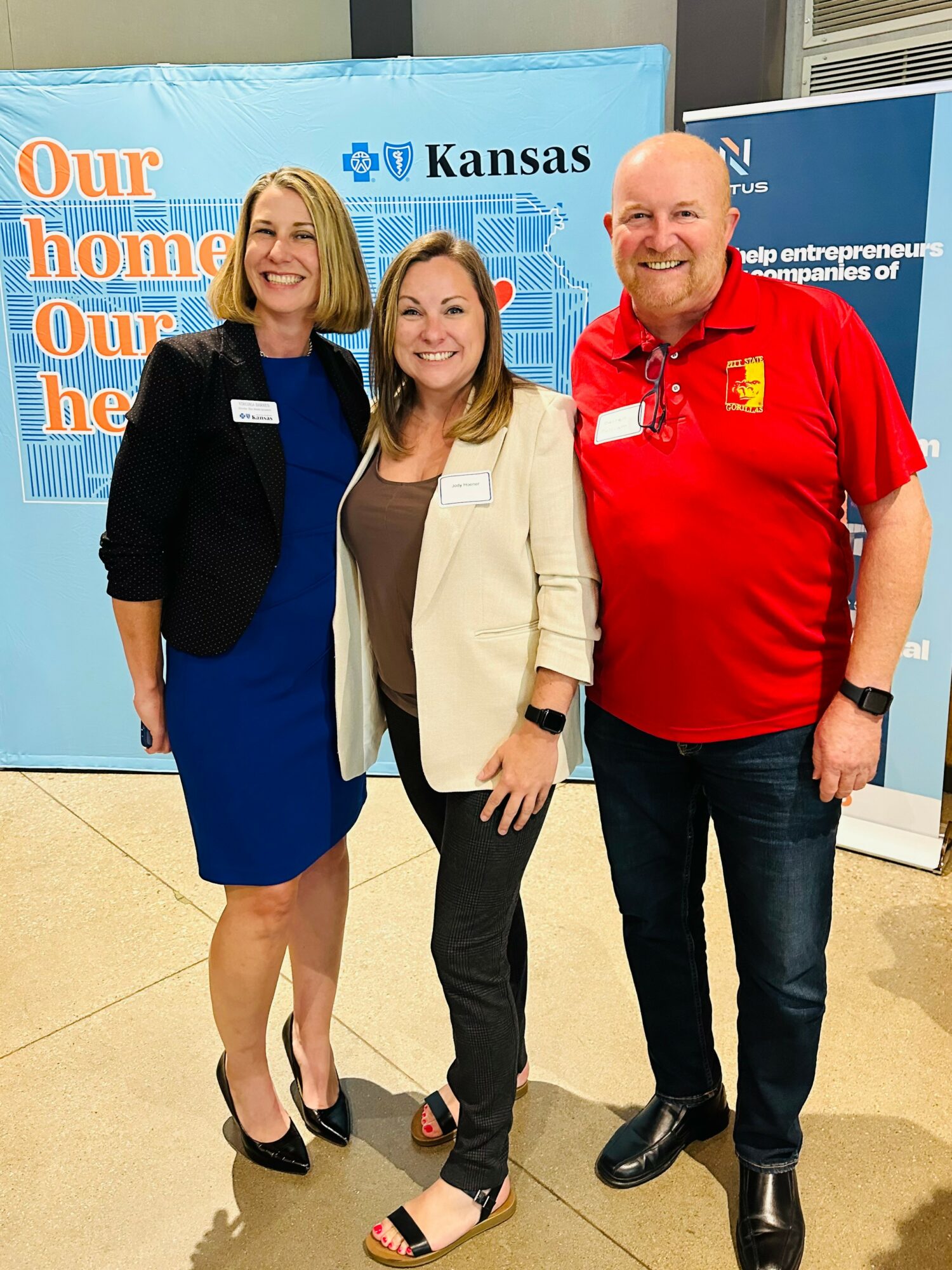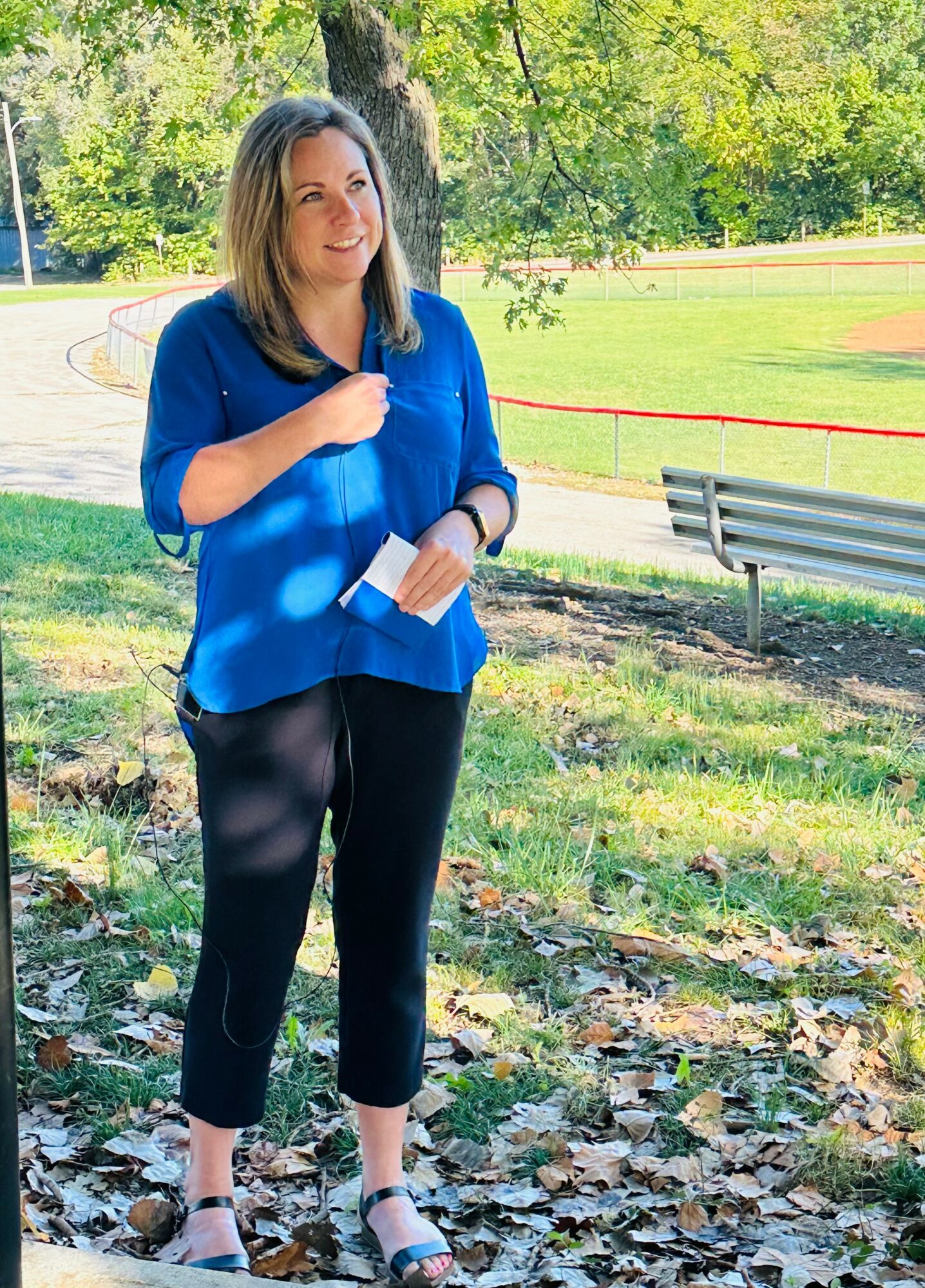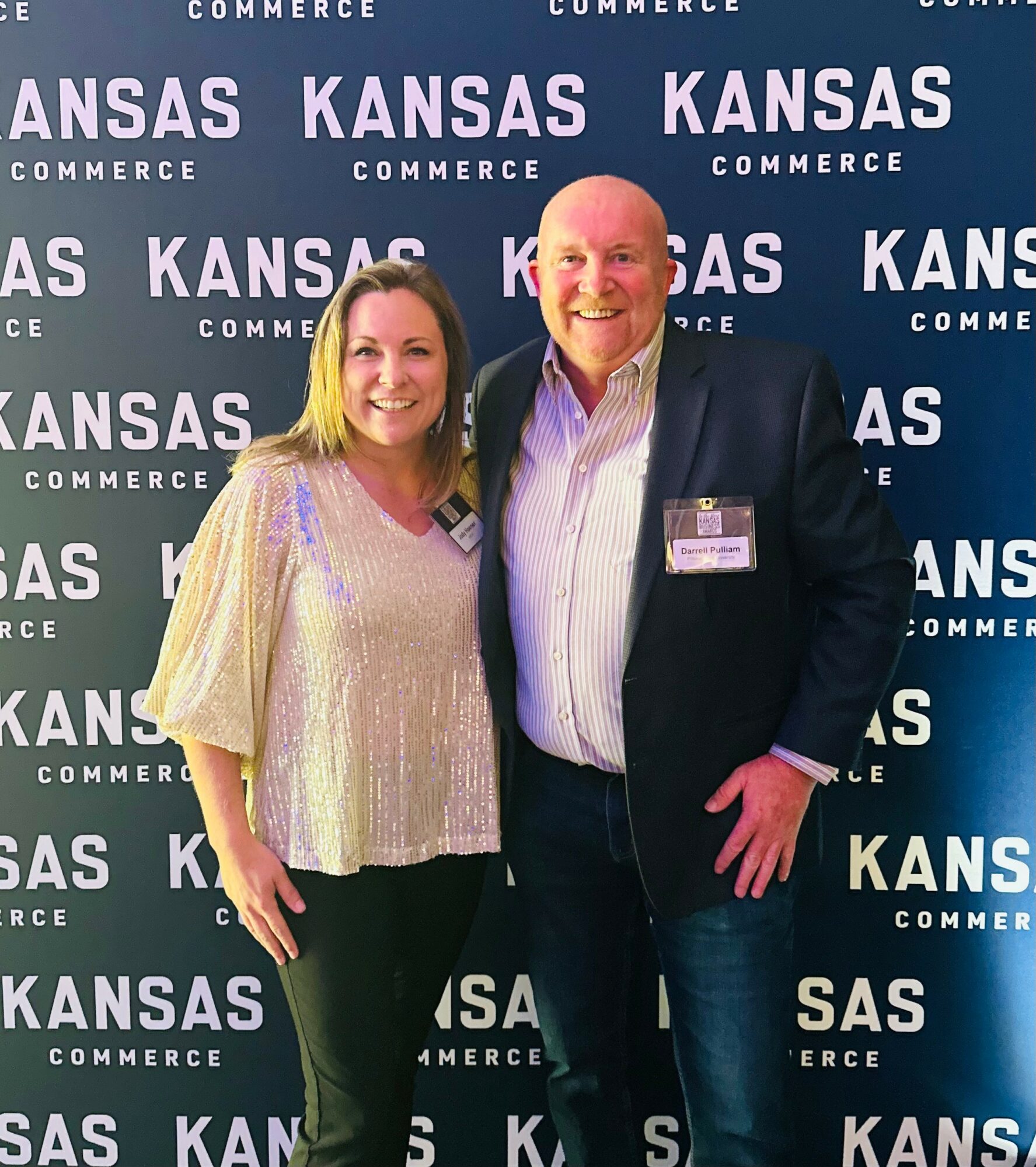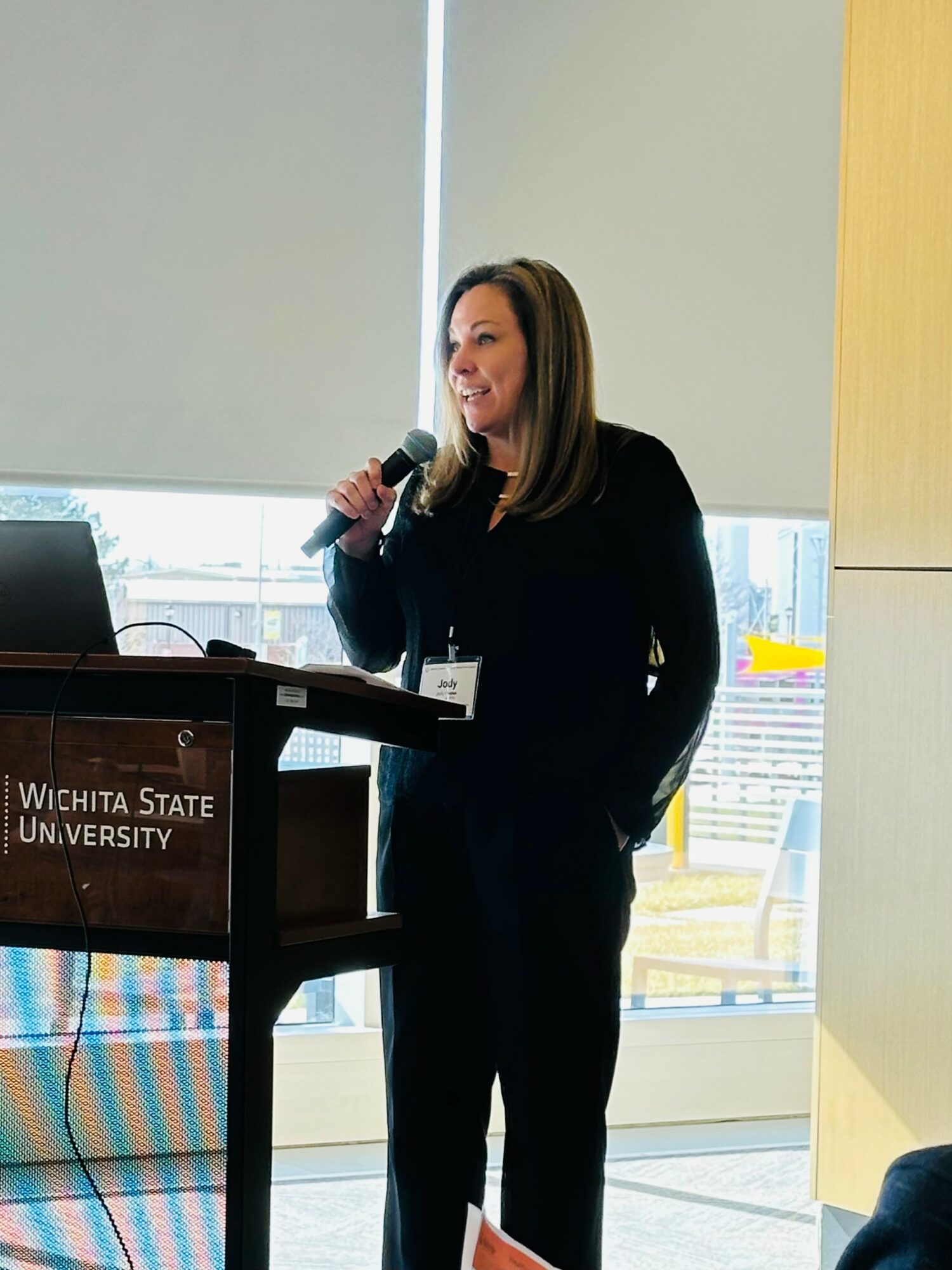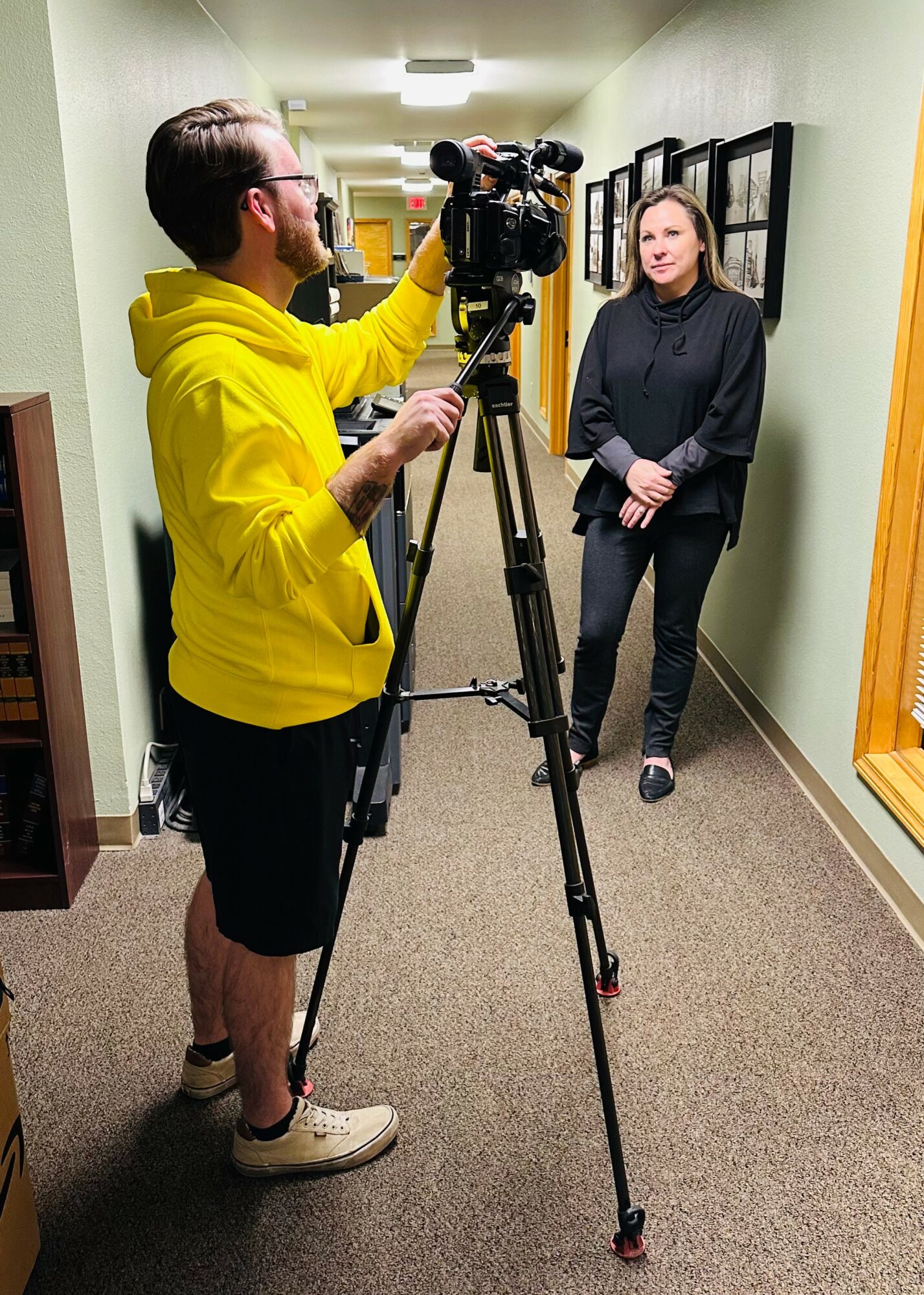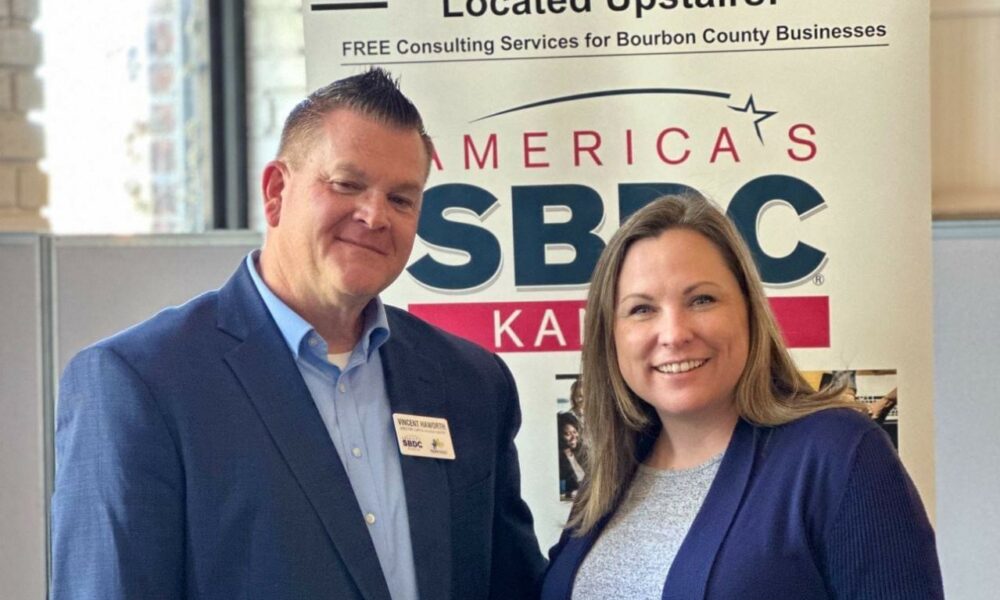

Today we’d like to introduce you to Jody Love.
Hi Jody, we appreciate you taking the time to share your story with us today. Where does your story begin?
My professional career started about a decade ago when I started my first job as a licensed social worker for Kansas. I investigated child abuse and neglect in the region and gained first-hand experience in the world of our poor, vulnerable, and under-resourced community members. During this time, I got involved in my first community development project and spearheaded the first community garden in Fort Scott. From the state position, I moved into the healthcare world. In the mothers and infants clinic, I helped women without insurance or who were underinsured get the maternal health services they needed. I had my first child in college with no insurance, and I would undoubtedly relate. I also worked in the rehab department, connecting a primarily elderly population with resources needed to live as independently as possible after significant events—like a stroke or hip replacement.
When the rehab unit closed, I had earned my Master’s in Business Administration, so I became a clinic manager in a rural health clinic and leveraged my social work background to write Bourbon County’s first community health needs assessment and community health improvement plan. In 2016, Heather Smith, the economic development director of Fort Scott, and I used that plan and assessment to obtain the first BCBS Pathways to Healthy Kansas Grant. This grant was instrumental in building the foundation for the Healthy Bourbon County Action Team (HBCAT). Also, during this time, I took a liquor store business projected for inevitable failures and turned things around. I took on an old, condemned building in the downtown district with poles holding up the side of it for a decade—right at the entrance of our town. With the help of a CDBG grant, the building came to life again. I moved the newly created LLC liquor store, with the same DBA name as before, onto the first floor of the building. In the first year, revenues increased 13 percent. Shortly afterward, I led the project that renovated the upstairs into luxury suite apartments. The mixed-use building continues to operate today. I recently sold my share of the building and business and have moved on to work in the region.
In 2018, I worked at the County as the Economic Development Director. My background and healthcare experience helped bring a rural health clinic to a tiny rural community and start an ambulance service when the hospital announced closure. During COVID, I leveraged my organization, HBCAT, and our partnerships to address urgent business needs. We developed the “Business Workforce and Entrepreneur Resource Center,” now called “The Action Team’s Center for Economic Growth.” The program is a collaborative effort that connects regional and state resources with the individuals they aim to serve.
Our partners include Pittsburg State University Small Business Development Center and SEK Kansasworks. They are co-located in-house 3 to 5 days a week and are funded through generous donations and grants. We partner with economic development support entities, like the Fort Scott Area Chamber of Commerce, and hold initial meetings with startups or businesses looking for support.
In 2021, I left the position at the County and started a full-time salaried position at HBCAT with a personal mission to address economic stability, a social determinant of health. With the grant award from the Patterson Family Foundation and USDA RBDG, we hired another person, Rachel Carpenter, who is now our executive director. The program has succeeded incredibly in helping low-income, minority-owned, women-owned, and food-related businesses access technical assistance, networks, and capital. Our Dare to Dream workshops series for women supporting women entrepreneurs has anywhere from 50 to 70 women attending every quarter. We are now holding a regional conference with our peer counties. SBDC reports when our partnership first started, they had 3 unique clients. Today, three years later, they have 160. We have seen over $ 3.3 million in capital injection in small business loans, grants (including Network KS E-community), and personal equity in that period. The success rate of HBCAT’s business clients with holistic wrap-around services is 74%.
When we co-located Community Health Workers in our office, a partnership with KUMC’s “Communities Organized to Promote Equity” initiative, SEK KansasWorks enrollment numbers increased from 11 to 298 in 6 months. Through the KUMC COPE initiative, I work in the region with Local Health Equity Action Teams (LHEATS) with the same passion and commitment to collaboration and building trust. Using the unique COPE model where LHEAT coalitions are armed with community health workers and embedding an entrepreneurial lens, we started a regional organization called “Rural Community Partners, Inc.” We believe communities should be places where people can live with job stability and economic opportunity. As a result of our efforts, the region’s social, financial, and health outcomes for the region will improve.
Can you talk to us about the challenges and lessons you’ve learned? Looking back, would you say it’s been easy or smooth in retrospect?
It has been a challenging road. The construction of the downtown building had its own unique set of challenges and risks. The cost to stabilize the building wasn’t clear. It could be an easy fix, or as they dug into the ground next to the foundation, they could run into rock and other issues that would complicate the project 100-fold. So, how do you budget for that? There were communication issues, antiquated processes, and inconsistency in review board decision-making at the City. This project was one of the first to jump-start downtown redevelopment, and people were learning the steps as they went along. When we received the CDBG grant, it was a smaller-sized project in a very rural community, and we couldn’t find a GM to bid on the project. I’m eternally grateful to Hofer and Hofer out of Humboldt, who eventually bid on the project and were awarded. Our work with HBCAT and the region has had many ups and downs. Our region has apparent geographic disparities in social, health, and economic outcomes. We are under-resourced, and the lack of opportunity has driven individuals outside the region to more metro and urban areas. When an entity comes along that is doing great things, it can sometimes be seen as a threat to old ways, to egos, to status, to limited resources. Although our network of economic support organizations for any stage of business has a lot of opportunity to grow, there is still a scarcity mindset that we will be going after the same limited resources, duplicating services, or, my favorite—operating outside my lane. What keeps me going is I am laser-focused on the population I serve. I want people to have the opportunity to build wealth and income potential. I maneuver around adaptive challenges with the end in mind. True community engagement is critical to our work.
I appreciate you sharing that. What should we know about The Healthy Bourbon County Action Team, Inc.?
Here is an excerpt:
The HBCAT organization has many statewide, regional, and local partnerships, an extensive history of successful projects, and a solid regional reputation. We are continually growing and building capacity to meet better the needs of our local community and the larger region and address the social determinants of health. Each program design allows for rigorous evaluation, accountability, and continuous program improvement. The Healthy Bourbon County Action Team’s mission is to increase access to healthy food and physical activity, promote commercial tobacco cessation, enhance quality of life, and encourage economic growth. The problems of health inequity and social injustice are complex and inextricably linked to key economic indicators. A healthy workforce is a prerequisite for economic success in all industries and cities.
History:
In 2016, the HBCAT began as a joint effort between the City of Fort Scott Economic Development and Mercy Health System’s Community Benefit. The action team applied for grant funding through the Blue Cross Blue Shield of Kansas Pathways to Healthy Kansas Grant and was subsequently awarded. The committee comprised community leaders in positions of authority or influence to execute policy change. Mercy Health Systems served as the fiscal agent, and the action plan mirrored the community health improvement plan.
Since 2016, our work has been broadly recognized and modeled through the state of Kansas. Since its inception, Jody Love, organizational founder and leader of the HBCAT, was awarded the Governor’s Council on Fitness Kansas Health Champion honoree in 2019. Our work was also recognized with the prestigious Kansas State of Wellness Community Champion Award in May 2018. The Healthy Bourbon County Action Team initiative has been identified by the Kansas Hospital Association and Kansas Health Institute as a leader in the field and used in a toolbox for Kansas hospitals as an example of best practice approaches to address community health.
Social and economic factors impact health. Our work at the community level is to improve social integration and support systems, promote community engagement, and reduce stress and discrimination. Our work at the regional level is to empower community action, increase access to opportunities for economic stability, build regional food systems and resiliency, improve upon inequities and health outcomes, and invest time, talent, and treasure in our poorest communities.
Health in all policies is a collaborative approach that integrates and articulates health considerations into policy-making across sectors and at all levels to improve the health of communities and people. Our solution is building healthy communities by transforming power, building trust, and encouraging community participation. A comprehensive strategy for change includes local organizing, strategic communication, community research, creating systems, and environmental changes. Highlights of our efforts at the HBCAT’s Center for Economic Growth at the local can be seen in this short video, with funding from our partners at Blue Cross Blue Shield Pathways to Healthy Kansas: https://youtu.be/cswd12NVadw
Leadership:
President and CEO Jody Love is uniquely positioned to lead this ambitious endeavor. She began her career as a licensed Bachelor of Social Work investigating childhood abuse and neglect and then working with mothers, infants, and physical rehab patients in the hospital and clinic for almost a decade. After receiving her MBA, she managed a small rural clinic where she wrote Bourbon County’s first community health needs assessment and the first community health improvement plan. Jody gained firsthand knowledge of the struggles our low-income, elderly, minority, and disenfranchised populations experience every day.
An entrepreneur, Jody acquired an old condemned and blighted downtown building in Downtown Fort Scott and brought new life to the community’s entrance with the mixed-use development of retail on the bottom and short-term vacation stay and long-term rental housing on the second floor. This gave Jody experience writing Community Development Block Grants, an appreciation and understanding of downtown revitalization and creative financing, and the opportunity to serve on the Chamber of Commerce Board and other local and state boards. Jody served as the county Economic Development Director during the pandemic years and created the first Center for Economic Growth to meet an immediate and urgent need for business support. Her experience as economic development director gave her experience in county and city government rules and processes; she built relationships when serving on the Southeast Kansas Regional Planning Commission Board and subcommittees and developed statewide partnerships to nurture regional and local relationships.
More recently, as the President and CEO of the Healthy Bourbon County Action Team, she has expanded the organization to address economic stability and leverage state resources and philanthropic partnerships to build a healthier, more thriving community. As the KUMED Communities Organized to Promote Equity (COPE) Southeast Kansas regional coordinator, Jody Love provided her regional expertise in grassroots planning, community engagement, health equity, and social determinants of health.
Cross County Work:
In addition to the work at the regional level with the COPE program, we have seen much success in leading regional initiatives such as the Prairie Pathways Bike Route. The designated bike route connects three counties: Allen, Bourbon, and Crawford County. With funding from The Sunflower Foundation, the tri-county committee developed a strategic plan, informed by all three counties, that all three county commissions formally approved. With the plan approved, Thrive Allen County, HBCAT, and LiveWell Crawford County proceeded to an effort route reality. The once-ABC Trails was re-branded to Prairie Pathways Bike Route, creating KDOT-approved design and signage. The joint efforts to obtain individual city commission approval for sign placement took commitment from passionate, paid individuals from community organizations. These efforts eventually culminated in an organized ride and ribbon-cutting celebration, highlighted here: https://youtu.be/W3ZnjBwOIB0.
Examples of our work and recent accomplishments:
- An assessment of county-wide trail systems, City of Fort Scott sidewalks and bike-ability, and a unique plan for Uniontown
- The City of Fort Scott formally adopted a master non-motorized transportation plan, referred to as the PedNet Plan.
- The City of Uniontown created and adopted a pedestrian plan to keep their school-aged youth safe when walking to and from school, the Uniontown PedNet Plan.
- Lit crosswalk between Uniontown school buildings for safe crossings
- A Tri-County alternative transportation plan and committee made up of Allen, Bourbon, and Crawford Counties.
- Acquisition of land for additional trails at Gunn Park
- New walking trail lighting at Riverfront Park Trails and Fort Scott Community College Trails
- Wayfinding Signs (maps of local trails) and Kiosks were built and erected at local trailheads.
- Bike racks are made and installed locally throughout the community.
- The Bike Share Program was implemented and is in full swing, managed by the Fort Scott Area Chamber of Commerce.
- Spearheaded a new service line, Diabetes Prevention Program, piloted with Peerless Products, Inc
- I worked with the Health Department in Crawford County. WIC relocated once a month, so pregnant mothers do not have to choose between applying for WIC or receiving prenatal care due to limited work time or transportation issues.
- Collaboration of healthcare providers with USD 234 to create a new service, The Children Wellness Clinic, to combat childhood obesity.
- Developed Bourbon County’s first Wholesale Food Directory of locally produced buyers and suppliers with a second edition recently published.
- 5 food retail establishments and 9 restaurants within the Bourbon County Area are now promoting and providing locally produced foods within their businesses when in season.
- Built capacity and access to regional certified tobacco cessation specialists. Giving doctors, counselors, worksites, or anyone a place to refer those who are seeking help to quit tobacco.
- School-aged youth and teens in two school districts now have healthier environments with water bottle filling stations, new playground equipment, and gym enhancements in Uniontown and Fort Scott School Districts.
- Worksites have implemented Workwell KS policy and environmental changes: City of Fort Scott, Fort Scott Community College, Peerless Products Inc, Landmark National Bank, USD 234, USD 235, and Bourbon County. They have implemented a health worksite wellness policy and supportive environmental changes like tobacco-free workplaces, access to workout equipment, standing desks, walking breaks, and more.
- Eight healthy “modeling” level policies were implemented in two school districts and 6 school buildings.
- Multi-unit housing adopted a smoke-free policy.
- Passed policy at USD 234 to implement restorative versus punitive policy in tobacco and vaping prevention, developing a system of referral and cessation support within the high school.
- Developed HiAP task force
- Successful placemaking projects with a format modeled across the state of Kansas
- Increased access to healthier, more affordable food options in food deserts by working with local grocers to implement a “Simply Food” program
HBCAT is a member of Communities Organizing to Promote Equity (COPE), a community-academic partnership that began in June 2021 with the University of Kansas Medical Center (KUMC). COPE invests in 20 Kansas communities to improve health equity through community engagement, trust building, open communication, shared decision-making, resource-sharing, mutual benefit, and bi-directional learning. HBCAT is the regional technical assistance provider for Southeast Kansas.
COPE expands a novel approach to community engagement called Local Health Equity Action Teams (LHEATs) (community coalitions armed with community health workers), which include representation from colleges/universities, community-based organizations, social service organizations, FQHCs, rural health clinics, government and economic development entities, and community residents with lived experience who have experienced barriers to health and can voice perspectives of historically resilient populations.
CHWs have shown to be instrumental in HBCAT’s efforts to build trust and recruit community members to utilize HBCAT’s Center for Economic Growth services, increasing the number of clients enrolled with KANSASworks in Bourbon County from 11 to 298 in the first 6 months of the COPE partnership.
Can you talk to us about how you think about risk?
Everyone has a risk tolerance. Entrepreneurs have a higher tolerance when compared to bankers, lawyers, or accountants. I have accepted my own risk, taking on an old condemned building and notknowing what was under the ground. As a female leader, I took a lot of risks, upsetting the social norms, questioning processes and systems, and advocating for quality-of-life initiatives. Any real leader deals with a certain element of risk–those who are not leading in fear and are brave enough to be vulnerable when the moment calls for it.
Pricing:
- Our services are FREE, we would love any support!
Contact Info:
- Website: hbcat.org
- Instagram: healthybbcounty
- Facebook: healthybbcounty
- Linkedin: the-healthy-bourbon-county-action-team
- Twitter: healthybbco
- Youtube: healthybbco
